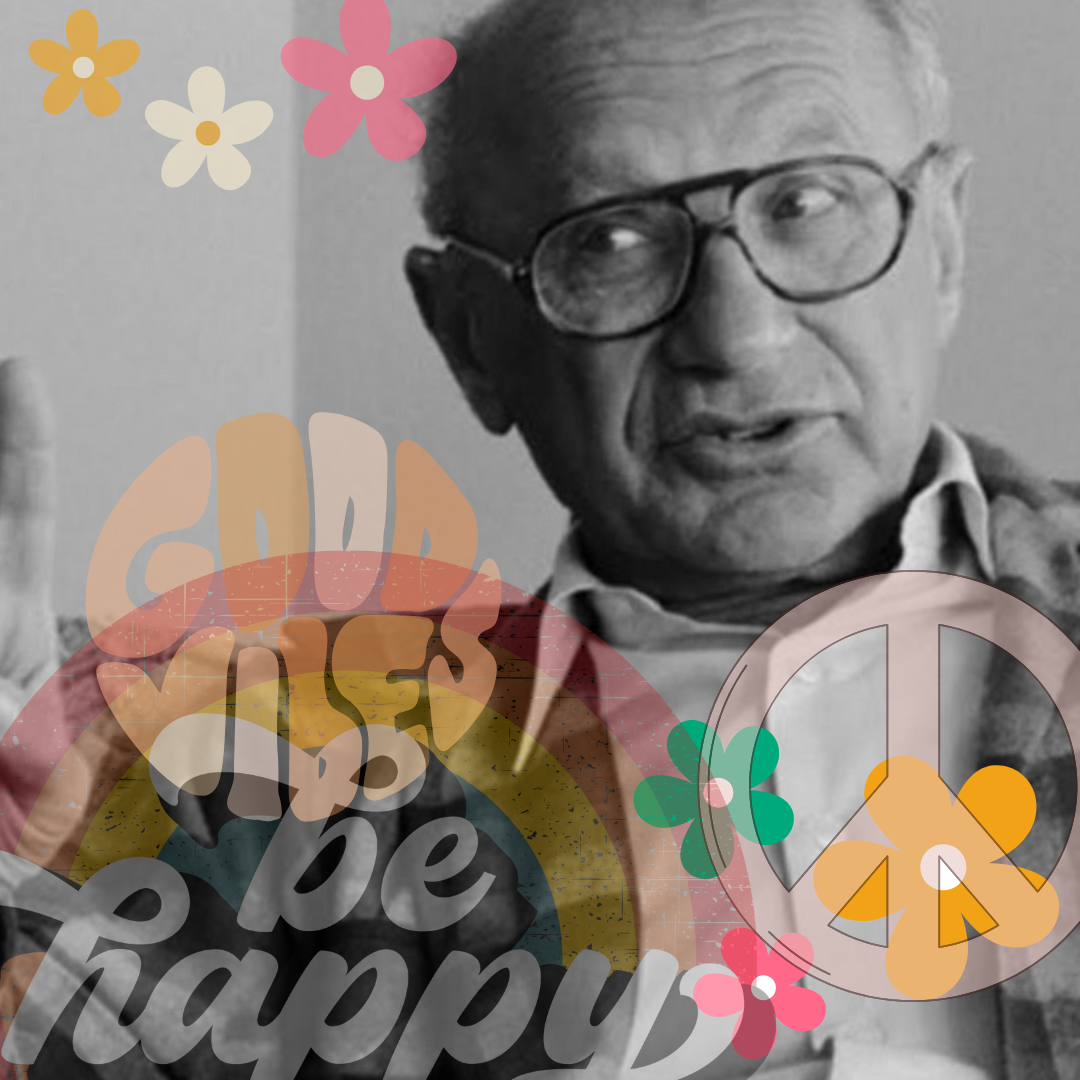If modern discourse is to be believed, Milton Friedman was not a “neoliberal” at all—at least not in the way the term is thrown around today. He is routinely portrayed as a dogmatic apostle of greed, a laissez-faire fundamentalist who saw profit as the sole purpose of human existence. This cartoonish depiction stems largely from a selective (and often lazy) reading of his famous New York Times essay, “The Social Responsibility of Business Is to Increase Its Profits.” (Which is worth reading).
But Friedman was no simplistic profit-worshipper. His critics—many of whom have clearly not engaged deeply with his work—ignore his explicit clarification that self-interest is not mere financial greed but encompasses the full spectrum of human values. In Capitalism and Freedom, he writes:
“The interests of which I speak are not simply narrow self-regarding interests. On the contrary, they include the whole range of values that men hold dear and for which they are willing to spend their fortunes and sacrifice their lives. The Germans who lost their lives opposing Adolf Hitler were pursuing their interests as they saw them. So also are the men and women who devote great effort and time to charitable, educational, and religious activities.”
In other words, human utility includes moral, social, and personal fulfillment—not just money. Who would have thought?
So how does this go together with “the only social responsibility of business is to increase its profits”? Friedman seems to focus narrowly on profit maximization within the rules of the game (i.e., without fraud or coercion). Why?
The Theoretical Foundation: Shareholder Value ≠ Short-Term Greed
Friedman’s argument is rooted in the shareholder value model, which holds that managers should act in the interests of shareholders—the owners of the company. But this model is again often grotesquely misinterpreted as advocating a sole focus on financial returns at the expense of all other considerations.
As if the disregard for all other considerations could ever be profit maximising…
A long-term shareholder value approach must take the interests of stakeholders into account!
How would a business be profitable if it disregarded customers, suppliers, and employees? It is as absurd as the notion that humans are solely driven by profit. (And while every other economist or capitalist critic claims neoliberals assumed there was a “homo economicus”, and acting “rational” equals acting profit-oriented, no remotely influential neoliberal thinker ever claimed such a thing…
Anyhow, assuming an ideal market with a perfect regulatory framework and all the (occasionally long-shot) assumptions of neoliberal thinking, of course, all stake-holders must indeed be considered in order for a business to be profitable in the long term. Customers, suppliers, employees, etc., are free to turn away. If a business mistreated its workers, exploited customers, or destroyed its reputation, it would eventually go bust. (Remember the perfect market assumption – we will critisize this assumption in another article soon.)
And as we have seen above, Friedman left no doubt about how he defined self-interest.
Friedman’s point was never that corporations should only chase short-term profits. Rather, he argued that within the rules of the game (i.e., without fraud or coercion), profit is the clearest measure of whether a business is serving society effectively. If consumers value ethical behavior, companies will adapt—not out of charity, but because doing so is profitable.

His concern was with unaccountable corporate activism—where executives spend shareholder money on pet causes. If shareholders want their company to support a social mission, they can demand it. If customers care, they can reward responsible firms with their purchases. But substituting managerial whims for market signals leads to inefficiency and hypocrisy.
“And, whether he wants to or not, can he get away with spending his stockholders’, customers’ or employees money? Will not the stockholders fire him?”
Friedman’s true legacy is not “profits above all” but the recognition that free choice is the best mechanism for aligning individual and social good. When people are free to act in their self-interest—broadly defined—they create value for others in the process. (Assuming people are not weak, as I am afraid we are. But in theory yes…)
The tragedy is that his nuanced view has been flattened into a strawman. The same critics who accuse neoliberals of reducing everything to money are the ones who cannot imagine human motivation beyond crude materialism.
Perhaps they should read more—and blame less.





